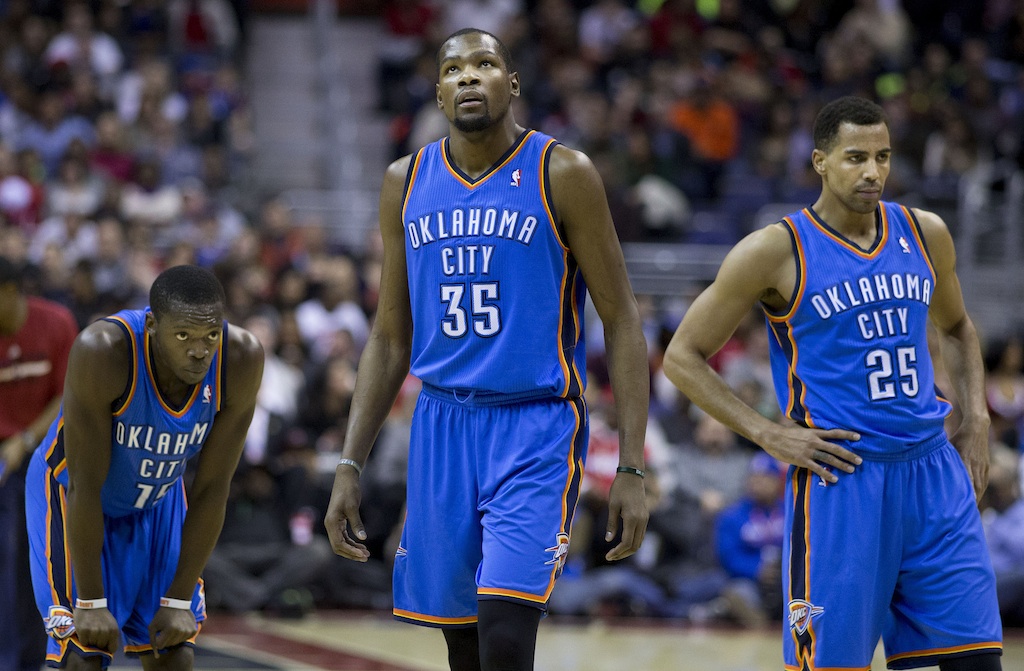We may be on the verge of a historic shift in how professional sports are delivered to consumers, as a new broadcast contract between the NBA, Disney and Turner will double revenues while also providing for a new service not relying on existing pay providers.
The new nine-year NBA TV deal, through the 2024-25 season, will at least double broadcast fees — currently at $930 million annually — for ESPN and Turner, per the Wall Street Journal. But perhaps just as important, the deal also calls for ESPN to create some sort of streaming service available for direct purchase, without the need for a pay provider to handle the transaction. Right now the NBA League Pass is limited to out-of-market games not nationally broadcast. The details are still skimpy, per the Journal:
As part of its deal, ESPN negotiated a package of games for the online video service. The NBA’s “League Pass” offering already allows users to stream live regular-season games that aren’t televised nationally and aren’t available in their home market.
But ESPN has been cautious about letting its most valuable content—live professional sports games—outside the walls of pay television. Its streaming app WatchESPN is only available to pay-TV customers, so the new online service represents a shift in approach….
It isn’t clear whether the online service will be a subscription offering or a “transactional” one in which people will pay for individual games. The parties are considering licensing the package to wireless carriers such as Verizon that are building online video services, one of the people familiar with the matter said. The number of games that will be made available for the online service is still being decided.
We’re now reaching the point where broadcast revenues will exceed gate and sponsorship revenues, a fact recognized on this NBA TV deal. If you look at all professional sports, that tipping point could happen as soon as 2018.


